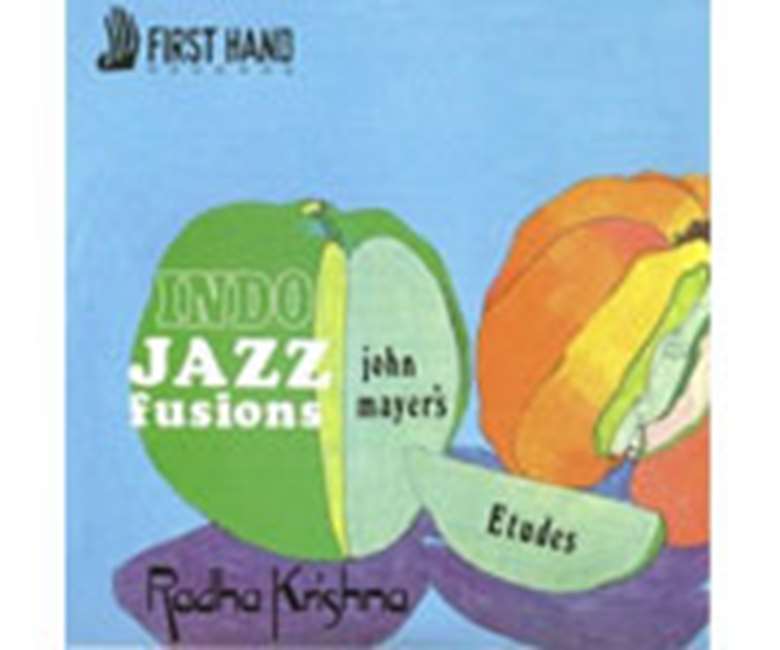John Mayer - Études/Radha Krishna
Thursday, March 27, 2008
First Hand Records FHR01 ****John Mayer (vln), Chris Taylor (fl), Ian Hammer (tr, flugelhorn), Tony Coe (ts, cl), Pat Smythe (p), Coleridge Goode (b), John Marshall (d), Diwan Motihar (sitar), Viram Jasani (sitar, tanpura), Keshav Sathe (tabla) (Etudes); Clem Alford (sitar), Keshav Sathe (tabla), The Lansdowne String Trio, Chris Taylor (fl), Tristen Fry (perc), Coleridge Goode (b), Tony Coe (ts, cl), Neil Coton (sarod), Susan Lees (v), Ausin Miskell (v), Nicolette Bernard (v), unidentified (oboe) (Radha Krishna), Rec. date not given

While he is best known in jazz circles for the Joe Harriott and John Mayer Double Quintet and John Mayer’s Indo-Jazz Fusions, it is for his whole canon that he gained his place in the Oxford Dictionary of National Biography – Britain’s history told through biography. Mayer was that important. Of the two projects reissued here, the five-movement Études (1969) is closer to the style of composition associated with Harriott.
The unashamedly erotic, two-act Radha Krishna (1971) is the more ambitious project. “Each day the breasts of Radha swelled,” intones narrator Nicolette Bernard before the strings come in. While Radha Krishna is the greater work, its jazz content is not as pronounced though it has its Indo-jazz, wailing sax and boogie-woogie moments. A long-lost treasure. Ken Hunt
This review is from Jazzwise Issue #118 to our full section and receive a Free CD Subscribe Here..